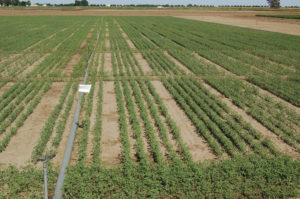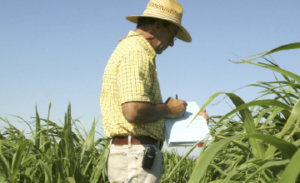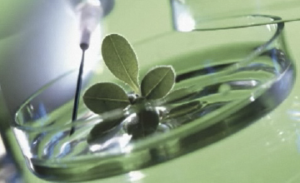One of America’s largest new variety research programs–powered by DLF.
With Alforex Seeds, you have an unequaled research and development powerhouse that delivers leading-edge genetics and technologies in alfalfa and forages. Highlights of the R&D heritage include:
Breakthrough Innovations
- Hi-Gest® highly digestible alfalfa
- Multi-leaf alfalfa to deliver more nutritional content
- Standability and fast-growth traits to maximize yield and quality
- Alfalfas with improved salinity tolerance
Testing & Breeding
Alforex operates the largest alfalfa testing program in the world. Alforex breeders harvest nearly 80,000 research plot trials each year. Such testing is just one component used in identifying varieties that improve yield and nutritional characteristics. Biotech and conventional plant breeding capabilities enable Alforex to focus on refining varieties for more yield, higher quality and increased resistance to stress and pests.
Technology of Tomorrow
Alforex scientists introduced Hi-Gest Alfalfa Technology, with improved fiber digestibility. That’s just one example of how advanced genetics and precision breeding result in robust varieties and products that handle today’s aggressive management and on-farm expectations. Our exclusive technology licensing agreements further extend our capabilities and enable Alforex to deliver highly specialized products that fit unique growing situations. We’re continually working to bring you products with benefits like salinity tolerance and stress tolerance while pursuing varieties that hold the promise of more yield and better digestibility–all to keep you competitive today and tomorrow.
Creation of Hybrid Alfalfa
The Alforex research legacy includes an investment of more than 20 years to unlock the secret of hybrid alfalfa. The work paid off with the release of the world’s first alfalfa hybrid in 2001. With the patented msSunstraTM breeding system, a breeder can control pollination through the seed production process, resulting in hybrid alfalfas that:
- Show an 8 percent to 15 percent yield advantage over synthetics in university trials
- Recover faster after cutting
- Demonstrate better resiliency
- Provide improved forage quality with reduced risk of stand loss
Additional Resources




